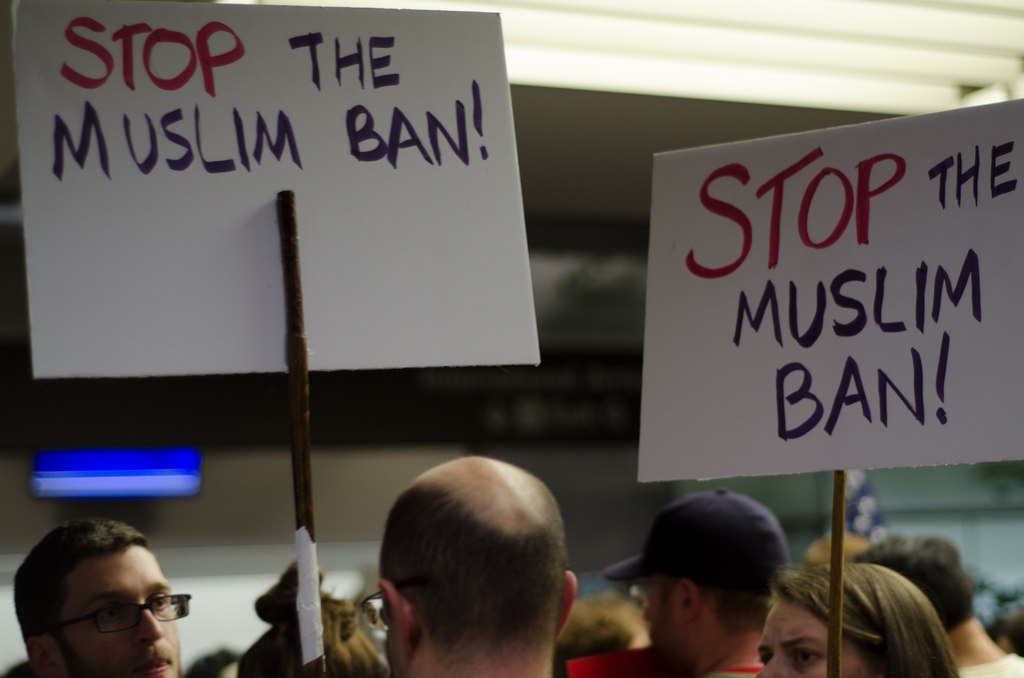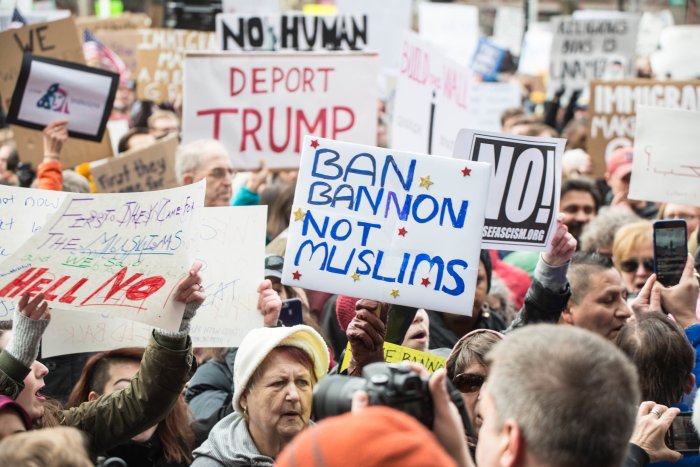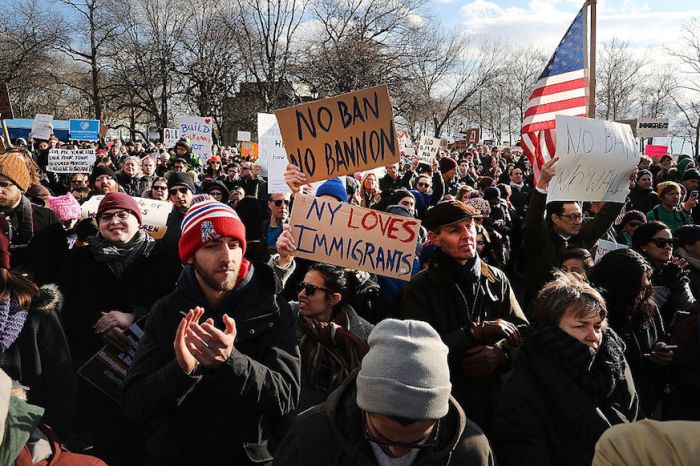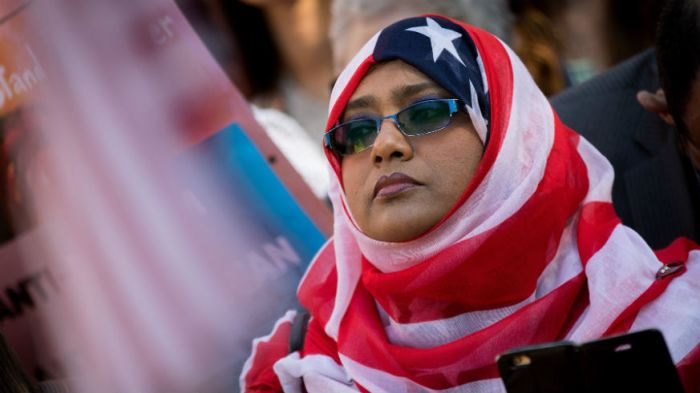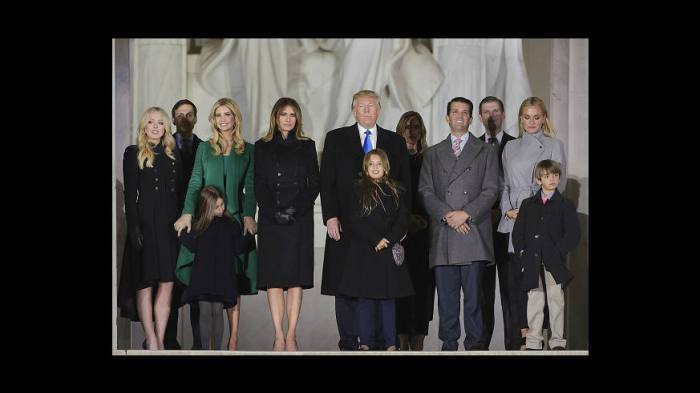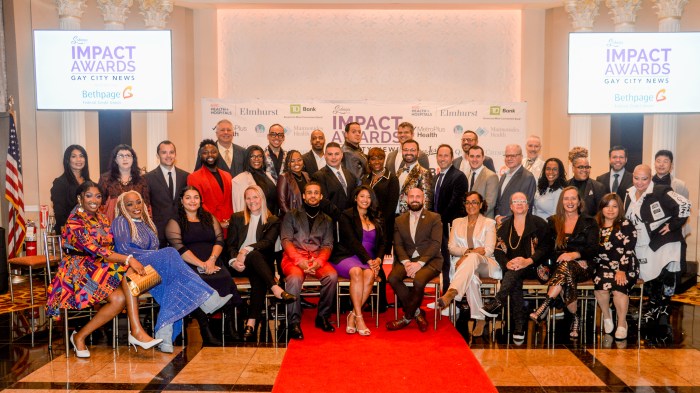The Supreme Court ruled Wednesday that the Trump administration will be allowed to enforce its ban on refugees from six majority-Muslim nations, but said it must allow for broader exemptions for family members, including grandparents.
The justices refused the administration’s request to stay a lower court’s decision that the Trump administration had too harshly interpreted the high court’s June decision that exempted travelers from the ban who had close family ties with people already living in the U.S. legally.
It did, however, allow say the Trump administration could enforce a 120-day ban on refugees from the six majority-Muslim countries named in the Trump travel ban — Iran, Libya, Somalia, Sudan, Syria and Yemen, The Washington Post reported.
The court’s decision comes six months into the Trump administration’s efforts to shut U.S. borders from the six named nations so that Customs & Border Patrol can examine its vetting procedures. Opponents of the Trump travel ban have called it an unconstitutional effort to ban
Muslims — something Trump actually promised while on the campaign trail.
Last month the Supreme Court allowed parts of the Trump travel ban to take effect, which banned travel to the U.S. by anyone from the six majority-Muslim countries for 90 days and banned refugees for 120 days, except for those with “close family” already living inside the U.S.
The ban went into effect on July 12.
Following the June 27 Supreme Court ruling, the Trump administration issued guidance defining “close family” as parents, parents-in-law, a spouse, children, siblings, and step and half siblings, later adding fiancées to the list.
In a ruling last Thursday, Judge Derrick Watson wrote that the government’s cramped definition of family —which excluded grandparents, grandchildren, aunts, uncles, nieces, nephews, cousins, brothers-in-law and sisters-in-law, and any other “extended” family members — “represents the antithesis of common sense.”
Watson also wrote that refugees with an assurance from a resettlement agency are also exempt from the ban.
The travel ban in effect now is a temporary one until the Supreme Court has a chance to consider the full merits of the legality of the case in the fall.

